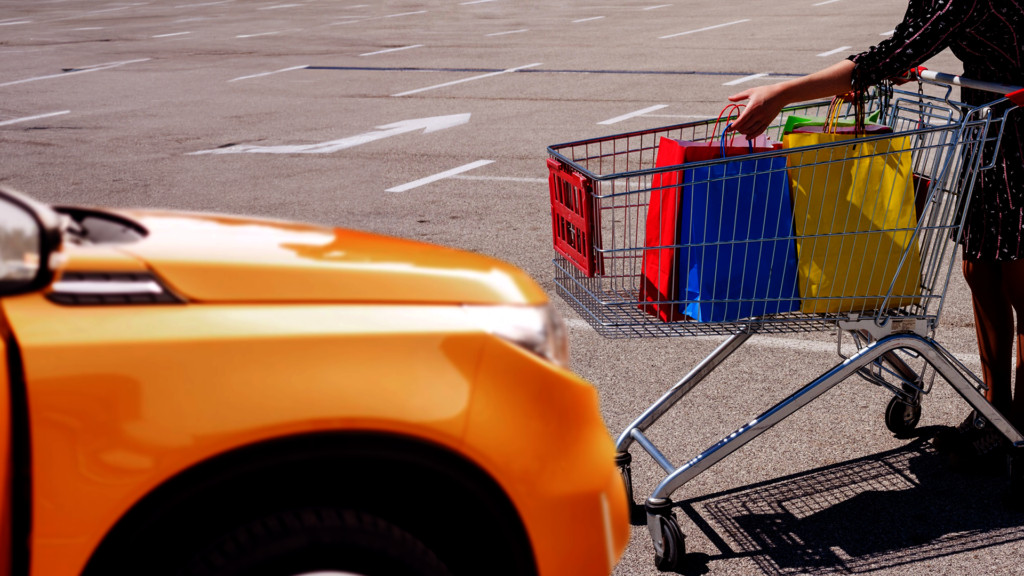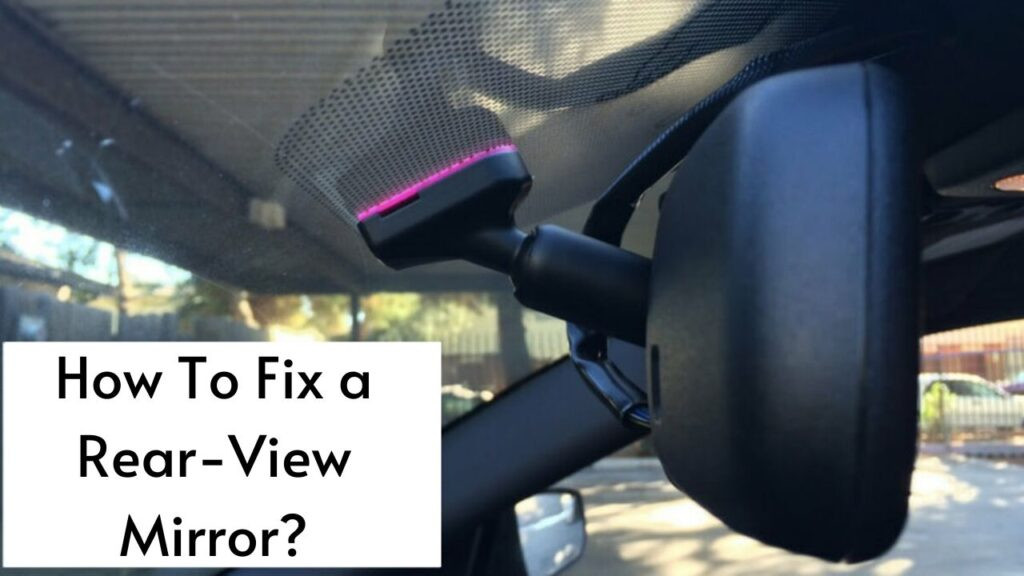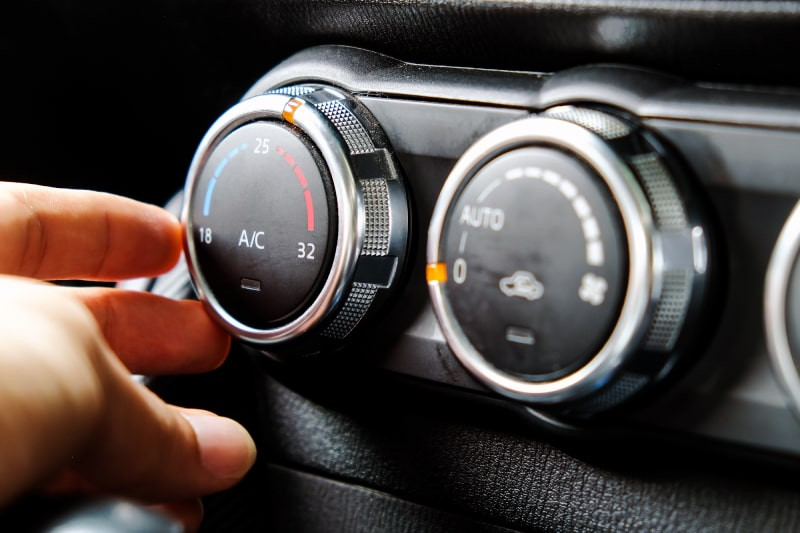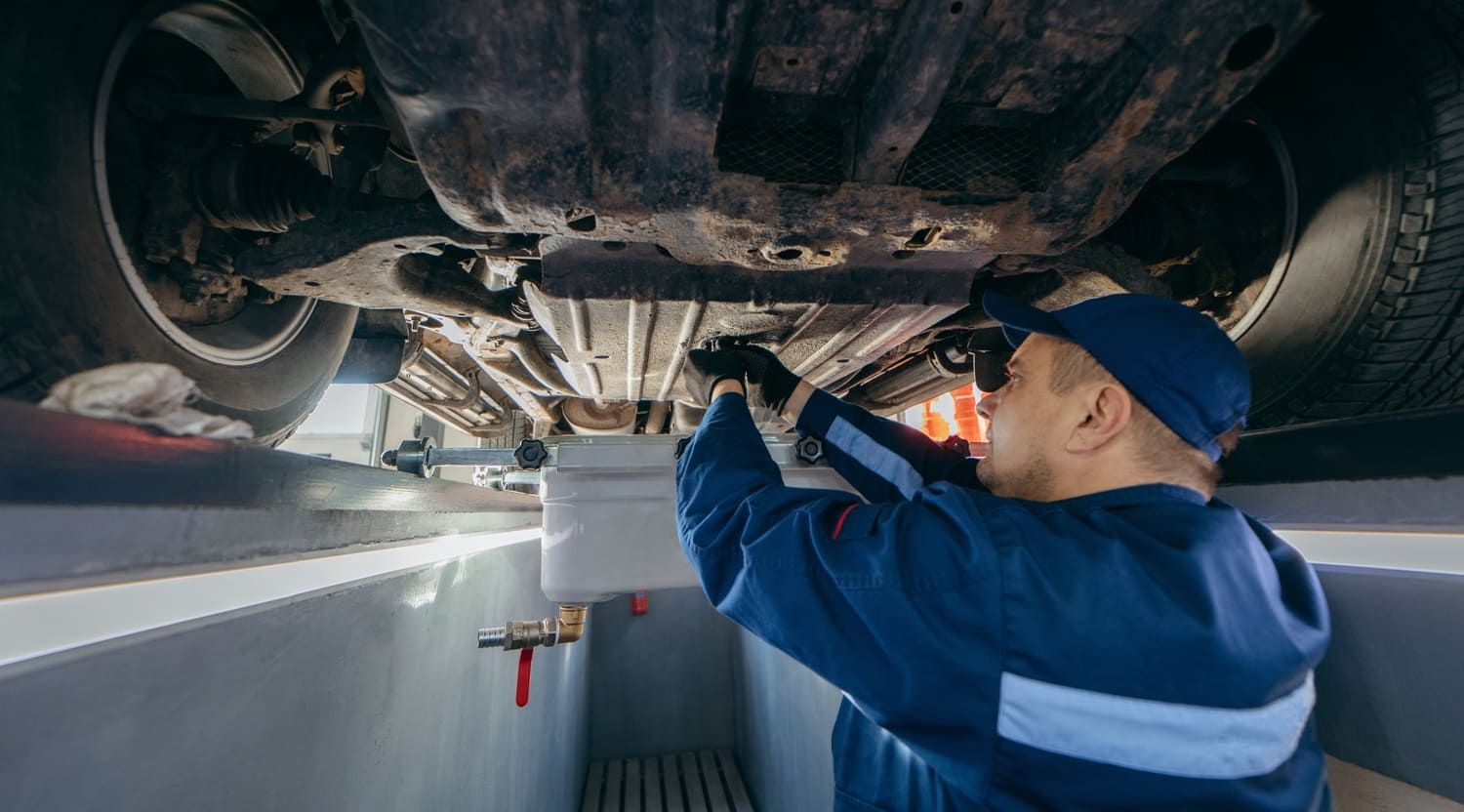How Much to Fix a Gas Leak in Car: Costs & Prevention
Fixing a gas leak in your car can be concerning, and understanding the costs involved is crucial. At CARDIAGTECH.NET, we aim to provide clarity on this issue, offering insights into repair expenses and preventive measures to keep your vehicle safe and efficient. Dealing with a gas leak requires immediate attention to prevent potential hazards and costly repairs. Let’s explore fuel system maintenance, safety protocols, and the overall financial impact of addressing gas leaks effectively.
1. Identifying a Gas Leak in Your Car
Do you smell gas when your car is parked, especially on an incline? Identifying a gas leak early is crucial for safety and preventing further damage. Here’s how to pinpoint the source of the problem:
- Check for Dripping Gas: Look for drips at the rear of your vehicle, especially when parked uphill. Gravity can make leaks more apparent.
- Examine the Fuel Tank Filler Spout: If you smell gas even with a full tank, the filler spout might be the issue. This component can degrade or become damaged over time.
- Inspect the Fuel Pump Assembly: Ensure all components are intact, particularly the C-clip on the fuel line. A missing clip can cause significant leaks.
Inspecting fuel lines for leaks
2. Essential Safety Precautions When You Detect a Gas Leak
What immediate steps should you take upon discovering a gas leak in your parked car? Safety is paramount when dealing with a gas leak. Follow these precautions to minimize risks:
- Move to a Well-Ventilated Area: Immediately move the car to an open space away from ignition sources.
- Avoid Starting the Engine: Refrain from starting the engine or using electrical devices to prevent sparks.
- Maintain a Safe Distance: Keep a safe distance from the vehicle and warn others to stay away.
- Call for Professional Help: Contact a mechanic or roadside assistance for expert handling of the leak.
These steps can prevent escalation of the situation into a potential disaster. Ignoring these steps can expose you to unnecessary danger and potential health consequences.
3. Detailed Evacuation Safety Tips
Why is immediate evacuation crucial when dealing with a gas leak in your vehicle? Mitigating potential fire hazards demands a swift and strategic response. Here’s how to ensure your safety and manage the situation effectively:
- Clear the Area: Quickly evacuate the vicinity of your car. Gas fumes are highly flammable, and maintaining a safe distance reduces the risk of ignition from external sources. Ensure everyone stays at least 50 feet away from the vehicle to avoid exposure to harmful fumes.
- Avoid Ignition Sources: Refrain from starting the car or using any devices that could generate a spark. This includes mobile phones, lighters, and even flipping a light switch. Accumulated gas fumes in the air can easily ignite, leading to an explosion.
- Alert Authorities: Contact emergency services immediately from a safe distance. Provide them with precise details about the situation, including your location and the extent of the gas leak. Emergency responders are equipped to handle such situations safely and effectively.
4. Common Culprits Behind Gas Leaks in Cars
What are the usual suspects behind gas leaks in vehicles? Understanding these common causes can help you take proactive measures:
- Faulty Fuel Lines: Cracks, wear, or corrosion can lead to leaks, posing fire hazards and environmental risks.
- Loose Drain Plugs: Located at the bottom of the fuel tank, loose drain plugs can cause slow seepage or steady drips of gasoline.
- Damaged Gas Tank: Rust, punctures, or a faulty gas cap can compromise the tank’s integrity, resulting in fuel leaks.
According to a study by the National Highway Traffic Safety Administration (NHTSA), faulty fuel systems are a leading cause of vehicle fires. Regularly inspecting and maintaining these components can significantly reduce the risk of gas leaks.
Corroded fuel line
5. Temporary Fixes for Minor Gas Leaks You Can Try
Is it possible to temporarily fix a minor gas leak yourself? For small leaks, consider these temporary solutions:
- Epoxy Application: Apply epoxy to clean, dry surfaces to fill small gaps where gas is escaping.
- Tire Patch: Use a tire patch to seal the affected area until a permanent solution is available.
- Rubber Wrap with Hose Clamp: Wrap the leaky area with rubber and secure it tightly with a hose clamp to create a seal.
These solutions are designed to provide a temporary fix, helping to contain the gas leak and prevent further fuel loss. However, they are not intended as permanent repairs and should be followed up with professional service.
6. When Professional Intervention is Absolutely Necessary
When should you absolutely call a professional mechanic for a gas leak? It’s vital to contact a professional immediately in certain situations:
- For Expert Diagnosis: Professionals can accurately identify the source and extent of the leak.
- For Safety Assurance: They have the training and equipment to handle hazardous materials safely.
- To Prevent Further Damage: Addressing the issue promptly prevents more extensive and costly repairs.
Attempting to fix a gas leak without proper training can be dangerous and may exacerbate the problem. A professional mechanic ensures the repair is done correctly and safely.
7. Practical Ways to Prevent Future Gas Leaks
What steps can you take to prevent gas leaks from occurring in the first place? Prevention is key to avoiding gas leaks. Implement these practices:
- Regular Inspections: Routinely inspect fuel lines, injectors, and the gas cap.
- Avoid Overfilling: Do not overfill the fuel tank to prevent excess pressure.
- Heed Warning Signs: Address warning lights and unusual smells immediately.
According to J.D. Power’s Vehicle Dependability Study, vehicles that undergo regular maintenance have fewer issues with fuel system problems. Adopting these preventative measures can save you time, money, and potential safety hazards.
Mechanic inspecting a fuel injector
8. Cost Analysis of Repairing a Gas Leak
How much can you expect to pay for repairing a gas leak in your car? The cost can vary widely based on the severity and location of the leak:
- Simple Fixes: Minor issues like tightening connections can cost around $150.
- Hose Replacements: Replacing damaged hoses can range from $200 to $600.
- Gas Tank Replacement: This extensive repair can cost between $1,000 and $1,500.
According to RepairPal, the average cost to repair a fuel leak ranges from $300 to $800, including parts and labor. Addressing the leak promptly can prevent it from escalating into more costly repairs.
9. Why CARDIAGTECH.NET is Your Go-To for Automotive Solutions
Are you looking for top-notch tools to address and prevent gas leaks effectively? At CARDIAGTECH.NET, we provide a range of diagnostic tools and equipment to help you maintain your vehicle’s fuel system and ensure safety. Here’s why you should choose us:
- Comprehensive Diagnostic Tools: Our advanced tools help you quickly identify and diagnose fuel system issues, enabling you to take prompt action.
- Quality Equipment: We offer high-quality equipment designed to meet the needs of both professional mechanics and DIY enthusiasts.
- Expert Support: Our team provides expert advice and support, helping you choose the right tools and understand how to use them effectively.
Investing in CARDIAGTECH.NET tools means investing in the longevity and safety of your vehicle. Contact us today at +1 (641) 206-8880 or visit our website CARDIAGTECH.NET for more information.
10. Real-Life Case Studies: Gas Leak Repairs
Can you benefit from real-life examples of gas leak repairs and their outcomes? Understanding how others have tackled similar issues can be insightful.
-
Case Study 1: Faulty Fuel Line Replacement
- Issue: A driver noticed a strong gas smell and discovered a cracked fuel line.
- Solution: The mechanic replaced the fuel line for $450, including parts and labor.
- Outcome: The leak was resolved, and the driver avoided potential fire hazards.
-
Case Study 2: Loose Drain Plug
- Issue: A vehicle owner observed gasoline drips under their car.
- Solution: The mechanic tightened the drain plug and replaced the worn seal for $180.
- Outcome: The leak was stopped, preventing further fuel loss and environmental contamination.
-
Case Study 3: Damaged Gas Tank
- Issue: A driver noticed a persistent gas smell and found a puncture in the gas tank.
- Solution: The gas tank was replaced for $1,200, including parts and labor.
- Outcome: The leak was fixed, ensuring the vehicle’s safe operation and preventing environmental damage.
These case studies highlight the importance of addressing gas leaks promptly and the potential costs involved.







